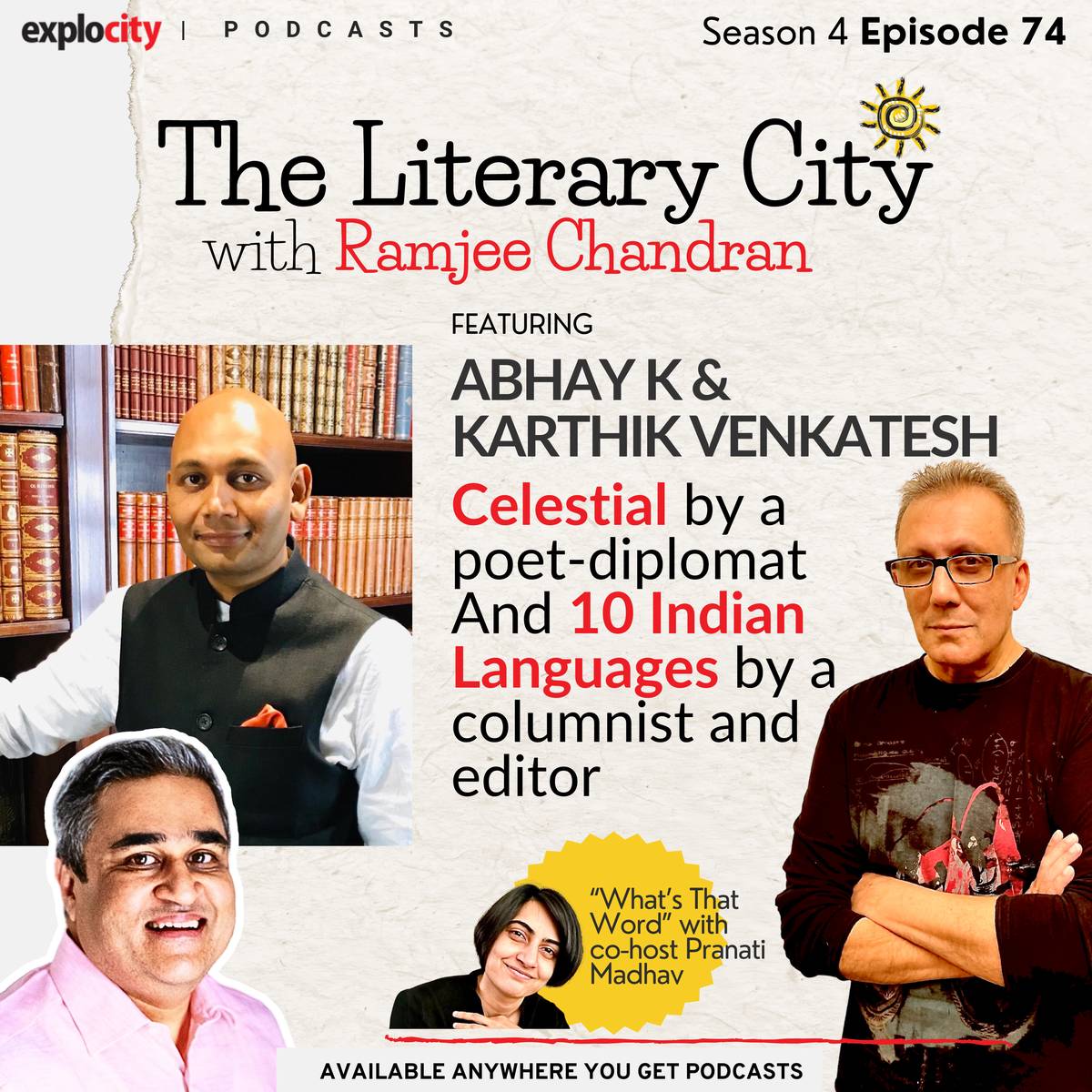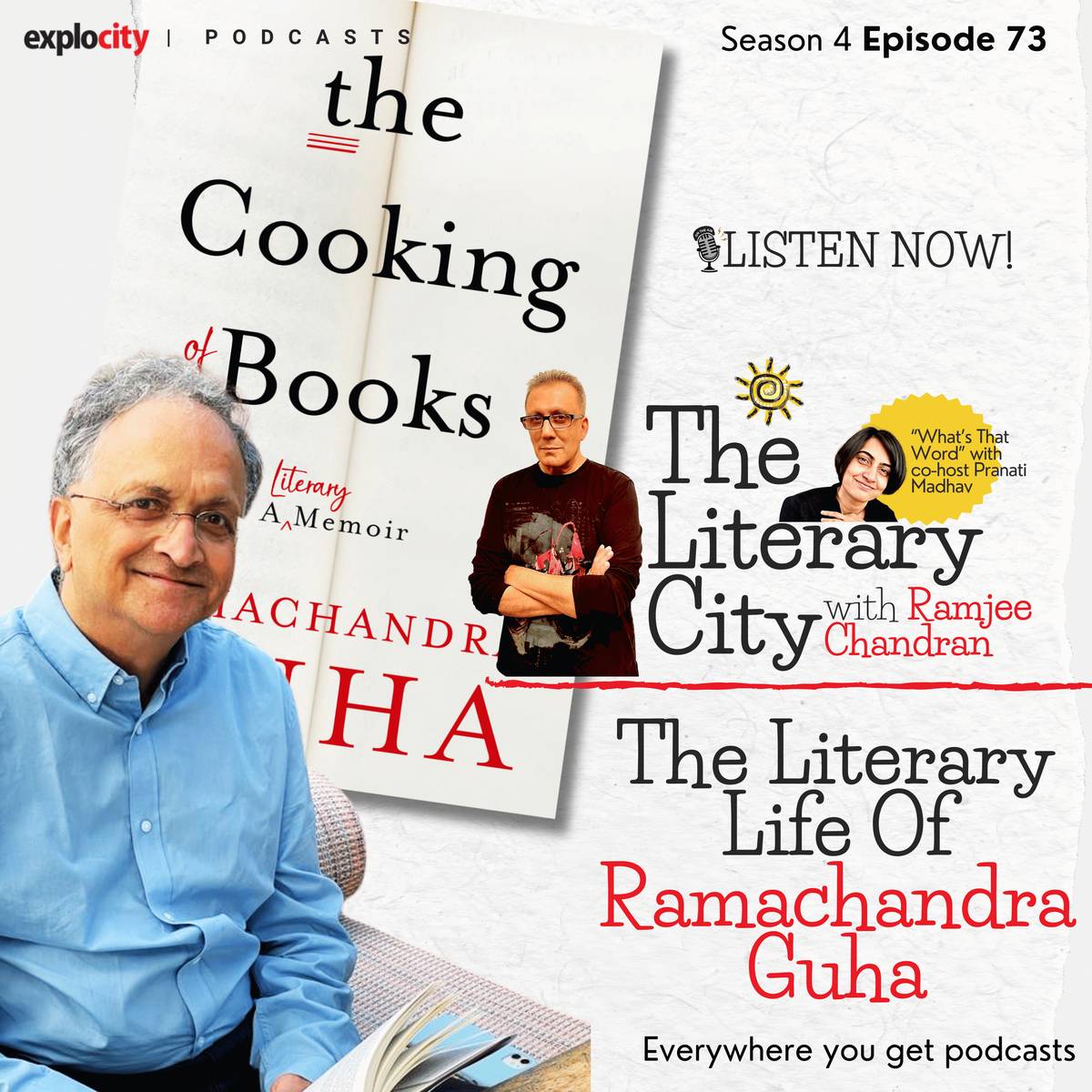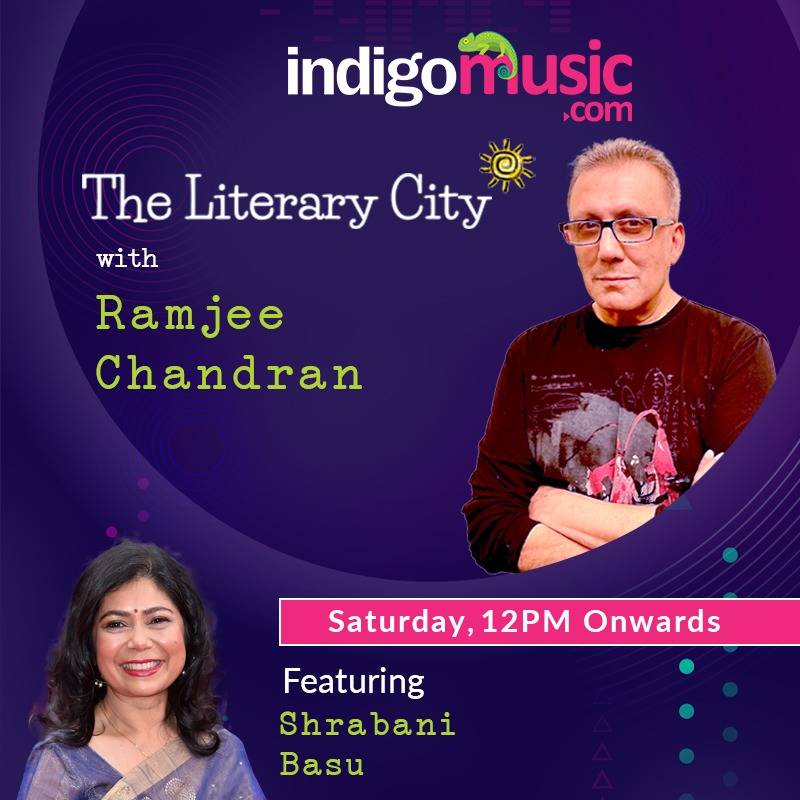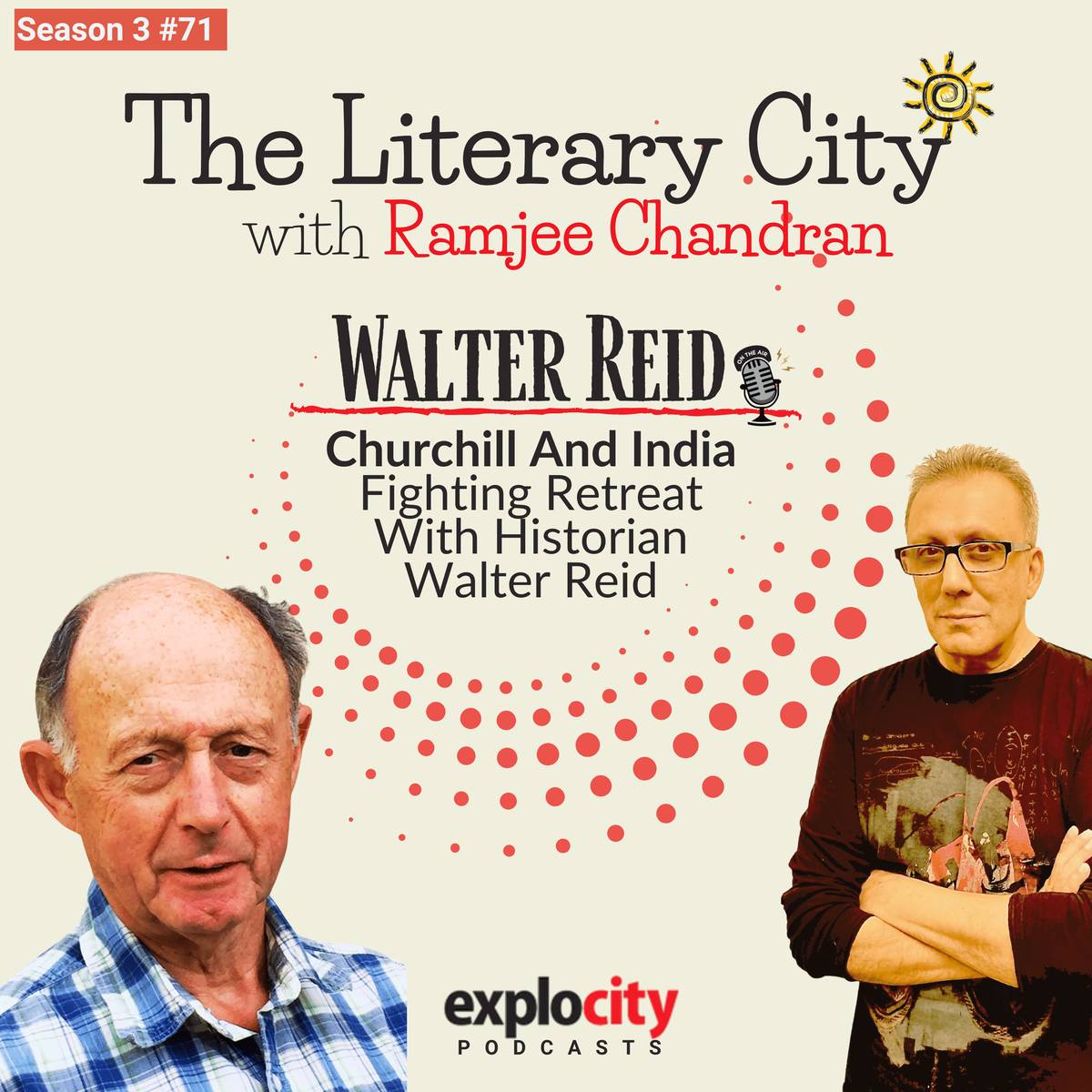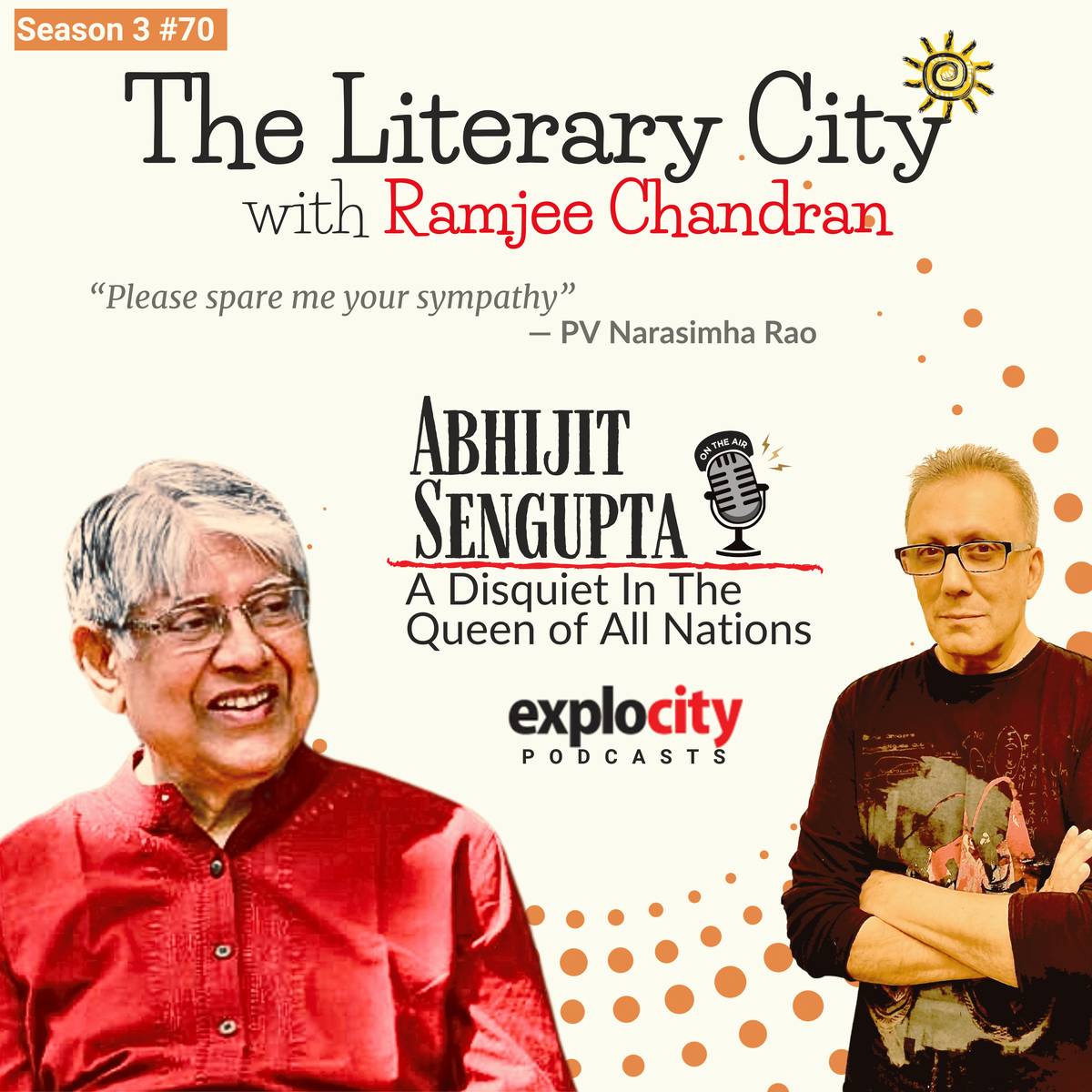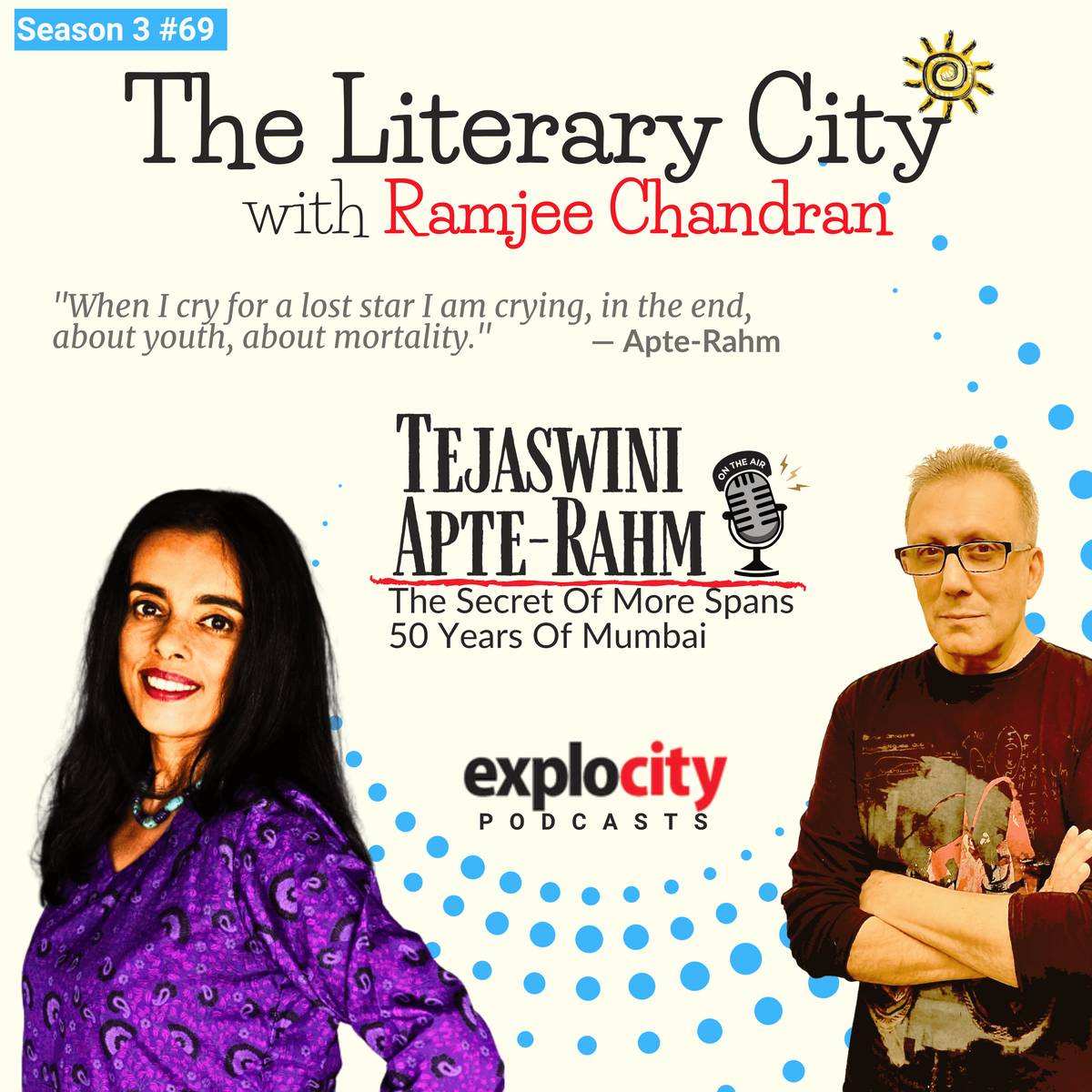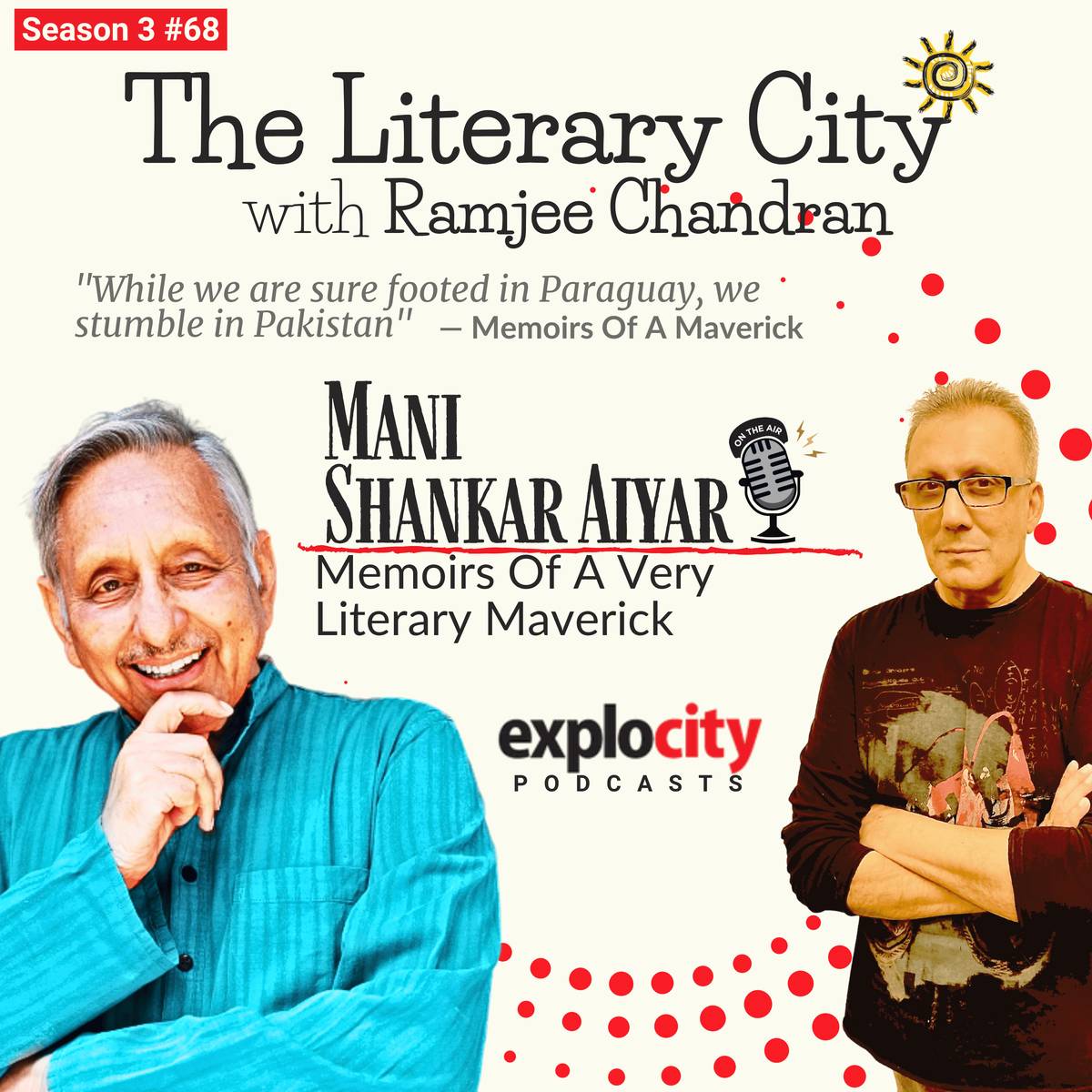How To Find Draupadi With Koral Dasgupta
My guest today, Koral Dasgupta—one among a tribe of writers who seek to re-tell stories from the epics, but from a woman’s perspective. Today we talk about her book Draupadi—third in a five-part series of women in mythology, called the Sati series.
Oct 19, 2022, 09 52 | Updated: Oct 19, 2022, 09 54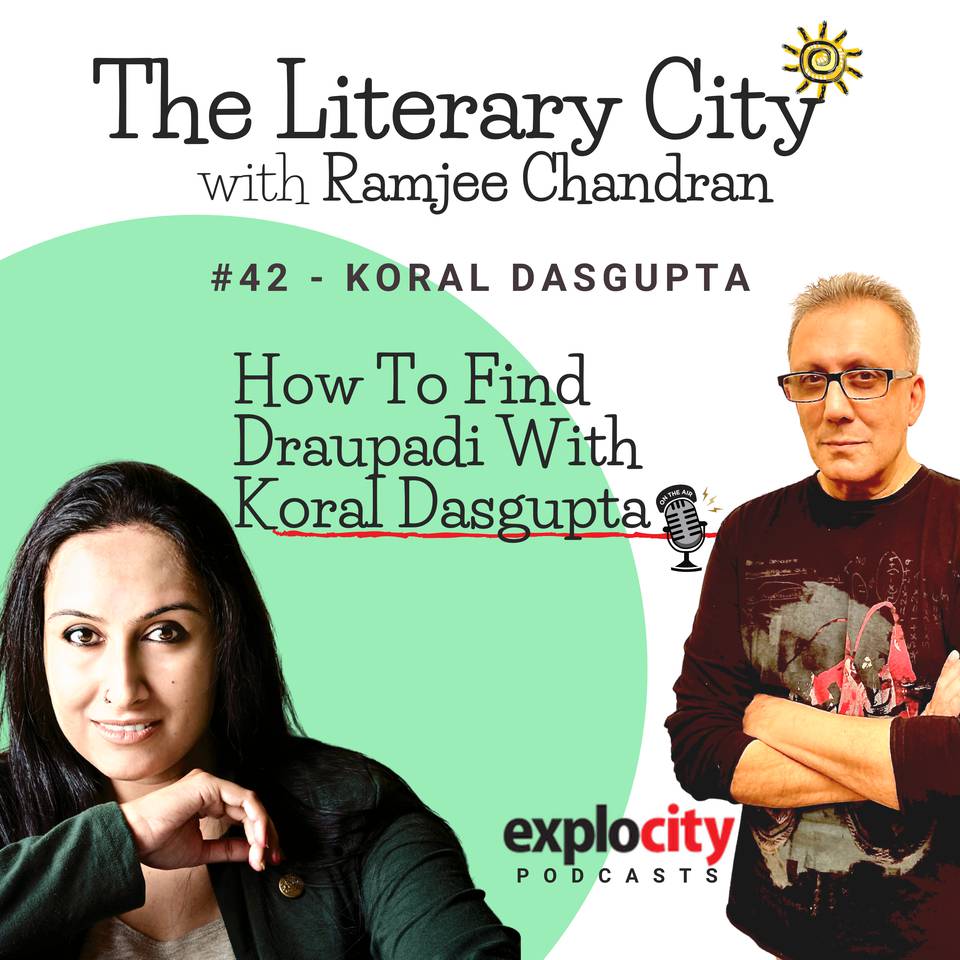
In the Indian epic, the Mahabharata, the central character, the fulcrum of the story is Draupadi…in my view. But epics in mythology, the Mahabharata included, are full of tales of male valour. Mythology instills in its male protagonists, high chivalry. Men are always saving women.
But whenever women are warriors, they are usually fierce and angry, wreaking vengeful havoc everywhere. I haven’t read many historical or mythological stories of calm and collected women whose battle strategies were super-intelligent and saved a bunch of men.
Men, valour. Women, wrath. But from where do these messy notions spring?
From the stories we have been told. From subjective telling of history, the epics, folklore and mythology.
In the Mahabharata, we learned the story of how Yudhishtra gambled away his wife in a game of dice with his cousins and then sat back helplessly and humiliated while she was manhandled in the court. And then of course he went to war and avenged…I am not sure what he was avenging when he was the one who went and gambled her away. And then how did the wife, Draupadi, feel about being used as a poker chip? No one asked her, clearly.
Obviously, this narrative needs to change to include questions such as this. And the good thing is that it might just be happening, at an accelerated pace.
My guest today, Koral Dasgupta—one among a tribe of writers who seek to re-tell stories from the epics, but from a woman’s perspective. Today we talk about her book Draupadi—third in a five-part series of women in mythology, called the Sati series.
Most of us in India know Hindu philosophy only by what was repurposed for kids without nuance. As adults—whether or not plumbing the depths of this philosophy is material to our daily mundane, transactions—we find it lends itself to endless interpretation and intellectual excursions.
The blurbs on her book praising her, are from noted and respected authors, like Chitra Divakaruni, Saikat Majumdar and Pavan Varma—all of whom have been my guests on this podcast. And Namita Gokhale—whom I hope we will have the honour to feature before long.
Koral is deeply philosophical as you will hear. So, let’s hear her then.
ABOUT KORAL DASGUPTA
Koral Dasgupta has published an eclectic range of books. Draupadi is her seventh. Besides India, Koral’s books are shelved in university libraries across the world, including Harvard, Columbia, Pennsylvania, Chicago, Wales, Duke, North Carolina and Texas. Her work is discussed in the context of gender studies, art, myth and ecocritical literature. Koral’s fourth book has been optioned for screen adaptation.
Buy Draupadi: https://amzn.to/3D5LNLJ
WHAT'S THAT WORD?!
Co-host Pranati "Pea" Madhav joins Ramjee Chandran in "What's That Word?!", where they discuss the phrase "self-fulfilling prophesy."
WANT TO BE ON THE SHOW?
Reach us by mail: theliterarycity@explocity.com or simply, tlc@explocity.com.
Or here: https://www.facebook.com/groups/theliterarycity
Or here: https://www.instagram.com/explocityblr/

